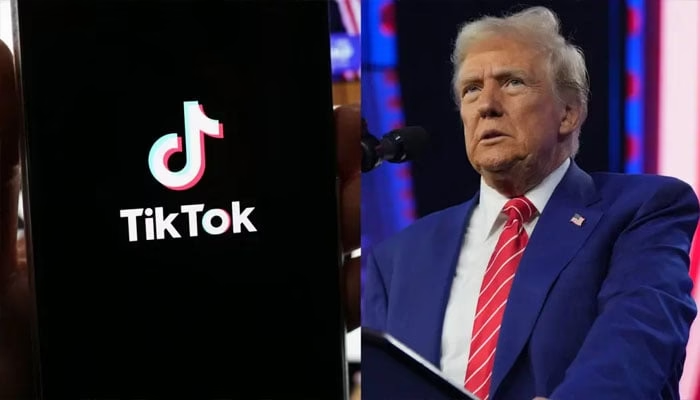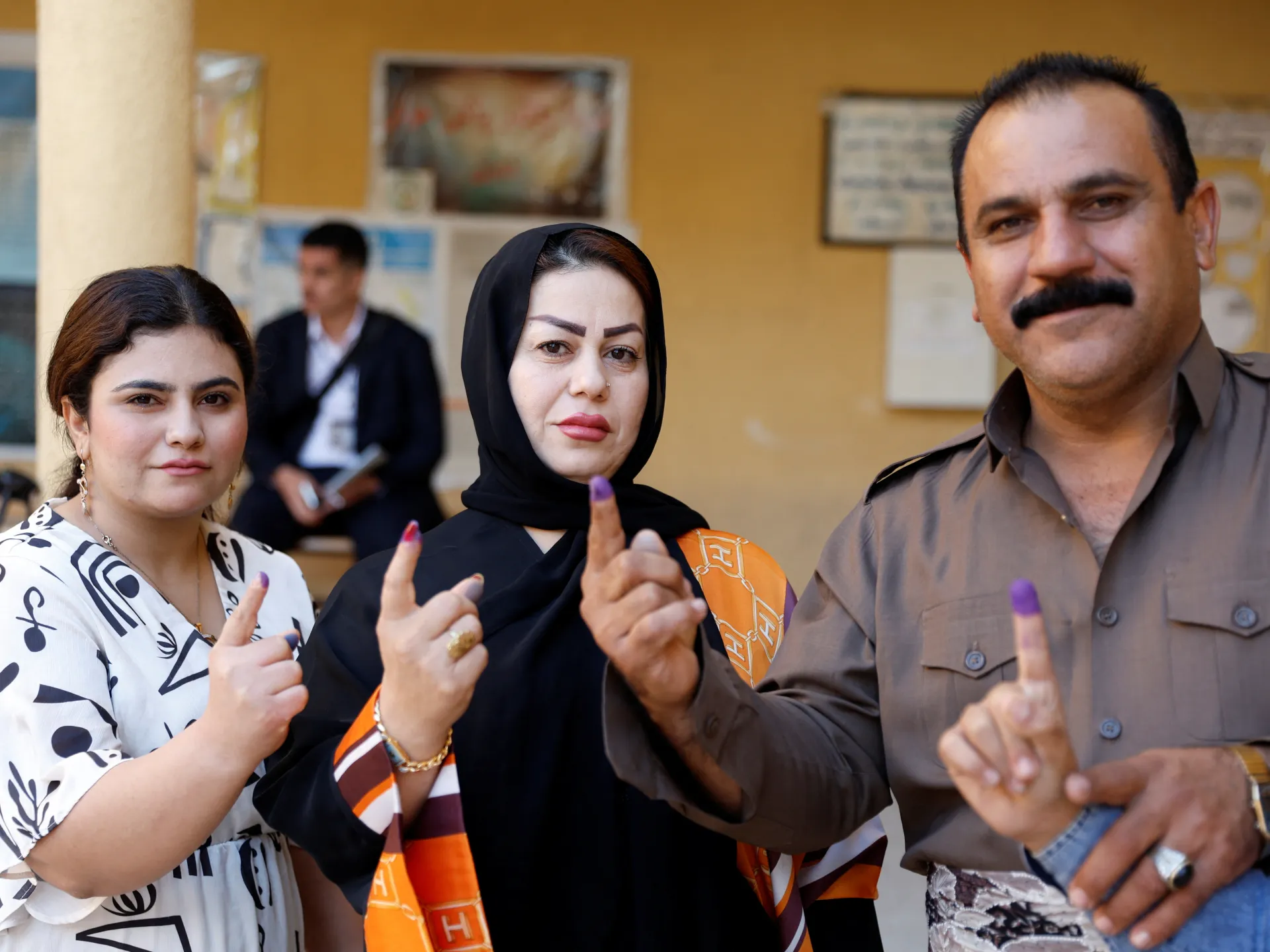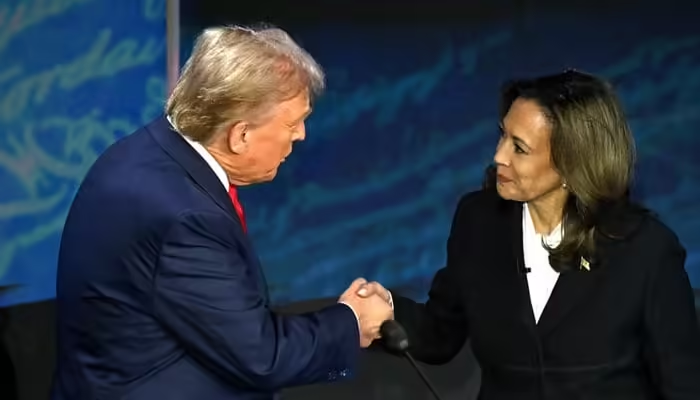In a significant turn of events, US President-elect Donald Trump has approached the Supreme Court to postpone the enforcement of a law that mandates the sale of TikTok by its parent company, ByteDance, or risks a complete ban in the United States.
This move comes as Trump seeks additional time to devise a political resolution to the issue after officially assuming office on January 20. The Supreme Court is set to hear the case on January 10, a critical date that precedes the enforcement of the ban on January 19.
The Controversy Surrounding TikTok
TikTok, the popular video-sharing app owned by the Chinese company ByteDance, has been at the center of controversy in the United States due to national security concerns. The law, signed by current President Joe Biden, requires ByteDance to sell TikTok to an American company to mitigate perceived risks of data breaches and foreign interference. Failure to comply would result in TikTok’s operations being banned across the US.
Trump’s Stance on TikTok
While Donald Trump has previously been vocal about restricting TikTok due to security concerns, his recent appeal signals a shift in strategy. Trump’s legal team has argued that an immediate ban or forced sale could have severe economic implications and that a more balanced solution should be pursued.
Trump has emphasized the need for time to find a political compromise that would address both security concerns and the platform’s popularity among millions of American users.
Implications of the Ban
If enforced, the law would require ByteDance to sell TikTok to an American entity or face a ban effective January 19. This has raised concerns among TikTok’s 150 million active users in the United States, many of whom rely on the platform for entertainment, social connections, and even business purposes.
Critics of the law argue that banning TikTok could stifle creativity, hurt small businesses that rely on the platform for marketing, and set a precedent for regulating other foreign-owned apps.
TikTok’s Role in the US Economy
TikTok has grown into a cultural phenomenon and an economic powerhouse in the United States. Many content creators, influencers, and small businesses depend on the platform for their livelihoods.
A ban would not only disrupt the digital ecosystem but also raise questions about the freedom of speech and the future of tech innovation in the US. ByteDance has consistently denied allegations of sharing user data with the Chinese government, further complicating the narrative surrounding TikTok’s operations.
Biden Administration’s Position
The law in question was signed by President Joe Biden, who has maintained a firm stance on addressing security concerns related to foreign-owned technology platforms. Biden’s administration has argued that TikTok poses a potential risk to user data security and could be exploited for espionage purposes.
The January 19 deadline reflects the administration’s urgency to either ensure TikTok’s compliance with the law or remove the app from the US market altogether.
Trump’s Request for Delay
Trump’s request to the Supreme Court highlights the need for a more deliberative approach. He has indicated that banning TikTok outright could lead to unintended consequences, including economic losses and potential diplomatic tensions with China.
By seeking a delay, Trump hopes to create room for a negotiated solution that could involve stricter data privacy regulations, oversight mechanisms, or even a partial ownership structure that satisfies US security concerns.
The Supreme Court Hearing
The Supreme Court’s decision on January 10 will be pivotal in determining TikTok’s future in the United States. Legal experts believe the court could either uphold the law, delay its implementation, or recommend alternative solutions to the ongoing standoff.
What’s Next for TikTok?
As the legal battle unfolds, TikTok’s fate hangs in the balance. ByteDance has reportedly been in talks with potential US buyers, but no deal has been finalized. The company has also invested heavily in lobbying efforts to counter the narrative that it poses a national security threat.
For TikTok users, the uncertainty surrounding the platform’s availability in the United States continues to grow. Many creators are exploring alternative platforms, while businesses are bracing for the potential loss of a vital marketing tool.
Donald Trump’s appeal to the Supreme Court underscores the complexity of the TikTok issue, which involves a mix of national security concerns, economic interests, and political considerations. The coming weeks will be critical in shaping the future of TikTok in the United States.
As the Supreme Court prepares to hear the case, all eyes are on the Biden administration, the incoming Trump presidency, and ByteDance’s next move. For now, the question remains: Can a middle ground be found that addresses security concerns while preserving TikTok’s role in the US digital landscape?



